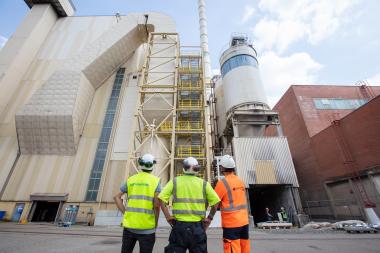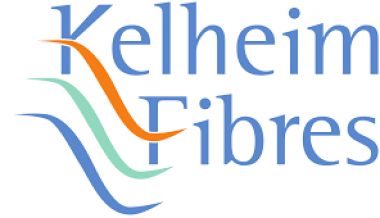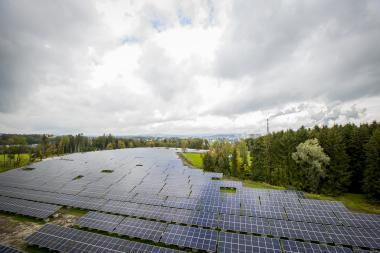Sappi Gratkorn’s increases share of renewable energy
As part of Sappi Europe's full scale decarbonisation roadmap, Gratkorn mill is expanding the share of biomass to be used as an energy source, further driving the move away from fossil fuels as part of the mill’s contribution to the European roadmap. The project follows the recent modernisation of the power plant boiler which enabled the shift from coal to a combined approach of biomass and natural gas.
The mill is now embarking on a next step, enhancing its infrastructure and therefore capacity in order to handle the delivery, sorting and processing of increased biomass levels. This increased utilisation requires an improved biomass handling system at the mill as well as decentralised intermediate storage terminals within the surrounding regions.
"With our long-standing competent wood sourcing partner Papierholz Austria, we will continue our journey to move away from fossil fuels at Gratkorn mill and work towards a climate-neutral future”, says Peter Putz, Managing Director of Sappi Austria GmbH.
For the near term, Sappi’s decarbonisation roadmap includes close to 80 projects being carried out across its European mills by 2025.
“Our 2025 roadmap identifies the path we have embarked on towards a carbon-neutral future,” explains Sarah Price, Director Sustainability of Sappi Europe. The objective is to reduce emissions of specific greenhouse gases (Scope 1 and 2) by 25 per cent and to increase the share of renewable energy in Europe to 50 per cent by 2025 (compared to 2019). Additionally, Sappi’s 2030 science-based target is to reduce carbon emissions by 41.5% per ton of product. “We’re already making good progress towards these targets, with a large number of projects already well-underway or completed”.
Sappi Europe




























